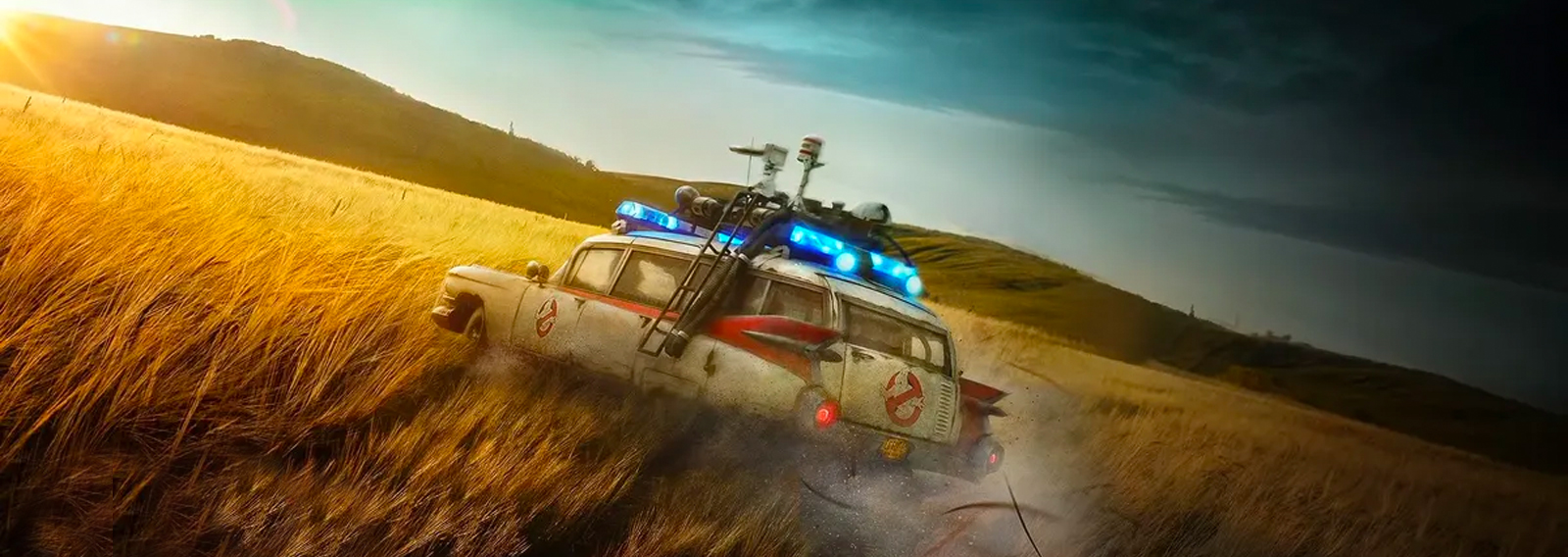Over the past four to five years the quality of cinema has rapidly dropped. Hollywood and movie corporations, such as Disney, appear to lean more on politics than on creating good movies for their audiences.
When compared to the recent movies released over the last few years, ‘Ghostbusters: Afterlife‘ comes as welcome relief: a fun, family film that is 100% worth watching. The movie does have some hidden politics; however, they aren’t enough to ruin the film. Unlike the (physically painful/nauseating) 2016 feminist reboot.
Afterlife has a simple plot. A single mum and her two teenagers move to the country after inheriting their grandfather’s farm. Supposedly haunted (and run down) the family ignore the potential of the new home and continue living their separate lives. In a series of surprising twists, the family and their new friends are brought together to become the next generation of Ghostbusters. That is until the original crew rocks up, in an ingenious move by director Jason Reitman, and ends the movie doing what they do best.
Sadly, the original actor for Egon Spengler, Harold Ramis, died in 2014. He is, however, brought back to life in the film by use of CGI – looking like a force ghost, and playing the mysterious grandfather. In another smart move by Reitman, they didn’t make the ghost talk.
Watching the film, there’s the consistent theme of family. During the first few minutes of the movie, it’s obvious that their household is dysfunctional. The teenage boy, Trevor, only cares about his phone; the brainiac daughter, Phoebe, has no connection to her mother, Callie; who, in turn, has her own fatherlessness issues. This is shown in Callie’s disdain for her father, Spengler, who mysteriously left to live on a farm “in the middle of nowhere.”
The relationship between Spengler and his family forms the main plot. As problems from the past unfold and new characters come into play, the family is slowly brought back together.
This happens as Trevor and Phoebe (brother and sister who have nothing in common), make discovery after discovery, with the unseen help of their grandfather. It’s only after the discovery of the Ecto-1 in the barn, along with the dusty Ghostbuster gadgets they find in a bomb shelter, that the two begin to work together.
The mother, Callie, is a good example of how fatherlessness harms families. The absence of her father, Egon Spengler, is used as the catalyst for her own irresponsible parenting. Callie’s character develops as she sees her children bond, and learns why her father left.
As far as Christian aspects go, the movie is full of them. The themes of redemption, good trumping evil, traditional ideas of relationships, and the structure of a healthy family bind the story together. The supernatural themes of the film, aren’t gory and don’t delve deeply into demonic or otherworldly areas. Like the first two films, it’s clear that demons are bad, and messing with them unleashes hell.
One disappointment is the absence of the ghost, Slimer, replaced in the film by a new ghost called Muncher. The reasons for this become obvious as the film progresses. However, the humorous return of the marshmallow man as a mini-army, and the carefully placed use of the iconic phrase “Who you gonna call?” make up for it.
The best part of the film was the ending. As the protagonist, Phoebe, Callie’s daughter tries her best to vanquish the bad guy, it’s the ghost of her grandfather and the original Ghostbusters gang who win the day. Thus saving the world once again from the evil goddess, Zuul and the forces of darkness.
Ghostbusters: Afterlife is ‘Goonies’ meets Ghostbusters. It holds to the original two films from the 80s and doesn’t shove political agendas down the throats of its audience. It also brings to light important topics about the traditional family unit, and is living proof that good movies aren’t impossible to find. Another example is the recent Top Gun: Maverick film. Credit where credit’s due. While there’s more work to be done, these films show that Hollywood may be waking up to the fact that people want films that entertain, not indoctrinate.





















